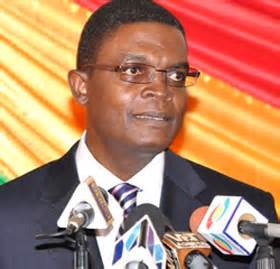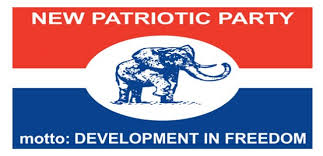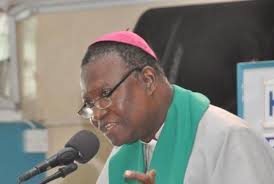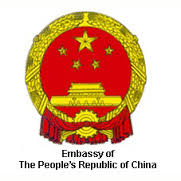 The Institute for Democratic Governance (IDEG), has called for inputs from stakeholders on the on-going multi-party governance reforms project.
The Institute for Democratic Governance (IDEG), has called for inputs from stakeholders on the on-going multi-party governance reforms project.
This will help build transparency, accountability and responsiveness in the 1992 Constitutional Amendment Process.
The call followed a forum organised by IDEG in collaboration with the Civic Forum Initiative, and a broader Coalition of Civil Society Organizations (CSOs), to discuss key issues and raise public awareness on the constitutional amendment process.
The forum on the theme: “Taking the Process of Amending the 1992 Constitution Forward – a Legal Perspective,” was attended by political parties, parliamentarians, academia, CSOs, journalists and the public.
According to a working document of IDEG made available to the Ghana News Agency on Tuesday by Dr Emmanuel O. Akwetey, IDEG Executive Director, the on-going work of the constitutional review process by the Constitutional Review Implementation Commission (CRIC), had given cause to legal arguments regarding procedural flaws, particularly with the entrenched provisions of the Constitution.
It said core to the issue was the dual concern of the passive or active role of Parliament in the amendment procedure, and the question of whether the proposed amendments addressed the core issues of guaranteeing peace, stability, national cohesion and inclusiveness.
The document which is based on lectures delivered at the forum, said the Executive had been accused of usurping the powers of Parliament in the denial of an opportunity for Parliament to make or propose changes or revision to the Bill.
It said the supposed marginalization of Parliament raised constitutional concerns for legal experts, and also caused CSOs in the country to advocate for the delay of the amendment process to make it transparent, inclusive and holistic.
The document argued that the fears of CSOs were born out of error in reading Article 290 of the 1992 Constitution exclusively, and reasoned that taking into account the fragility of the Ghanaian policy unearthed by the 2012 elections, with the subsequent Presidential Election Petition, it was only prudent to reconsider, and or add to the findings of the CRIC.
On the issue of whether or not the amendment process for the entrenched clauses is closed to any further intervention, it was argued that it was inherent in the provision of Parliament to determine the nature of the amendment that should be submitted to referendum.
It would be against the spirit of the Constitution to suggest that the Executive has the final say on what form the amendment should take.
According to legal experts at the forum, if the Bill could not be the subject of Parliamentary interventions, it meant that even if there were structural and patent legal errors on the face of the Bill, no one could correct them.
The experts said the amendment process was not closed by the submission of the advisory opinion by the Council of State to the Speaker of Parliament, and recommended that in view of the large numbers of proposed provisions and the possibility of additions that may follow at the Committee stage of the first reading, the proposed provisions for amendment should be clustered into related subject matters for the referendum.




